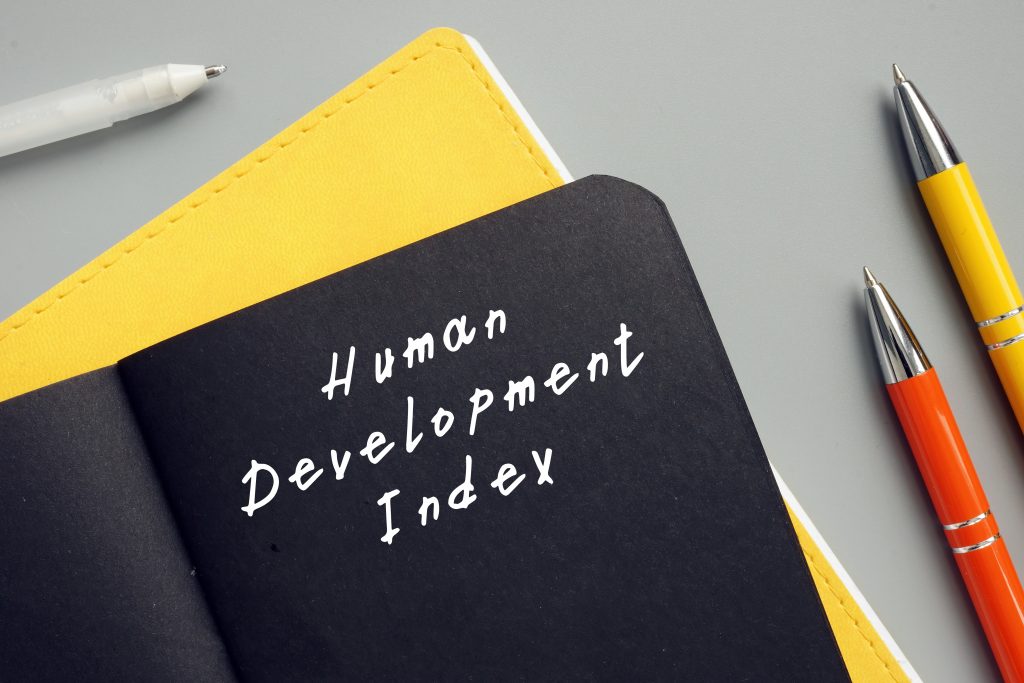Arq. Bras. Cardiol. 2023; 120(4): e20230213
Human Development Index and Chronic Diseases in Brazil between 1980 and 2019
This Short Editorial is referred by the Research article "Association between Mortality from Chronic Noncommunicable Diseases and Human Development Index in Brazil between 1980 and 2019".
The human development index synthesizes dimensions of human societies taking into consideration life expectancy at birth, education, and standard of living. Life expectancy is an expression of the health conditions of a particular population. Education is expressed as years of schooling. The standard of living is indicated by gross national income per capita. It is recognized that the human development index does not encompass every social determinant of the experience of citizens of a specific human society. Nonetheless, it is useful and a recognized methodological approach for measurements and comparisons; however, inequalities, poverty, human security, empowerment, and other characteristics may be missed., That said, it is always opportune for the medical-scientific community to bear in mind the dimensions examined in the human development index and to develop recurrent studies and updates over time, as the conditions in which human societies live are dynamic.
In the current study, the authors evaluated the human development index in Brazil over four decades (1980-2019). The data (the underlying cause of death) were retrieved from death certificates in a Unified Health System (SUS) public database relative to chronic non-infectious diseases with time series analyses. Mortality was corrected for 100.000 inhabitants distributed in quartiles in each Brazilian state.
[…]
549

